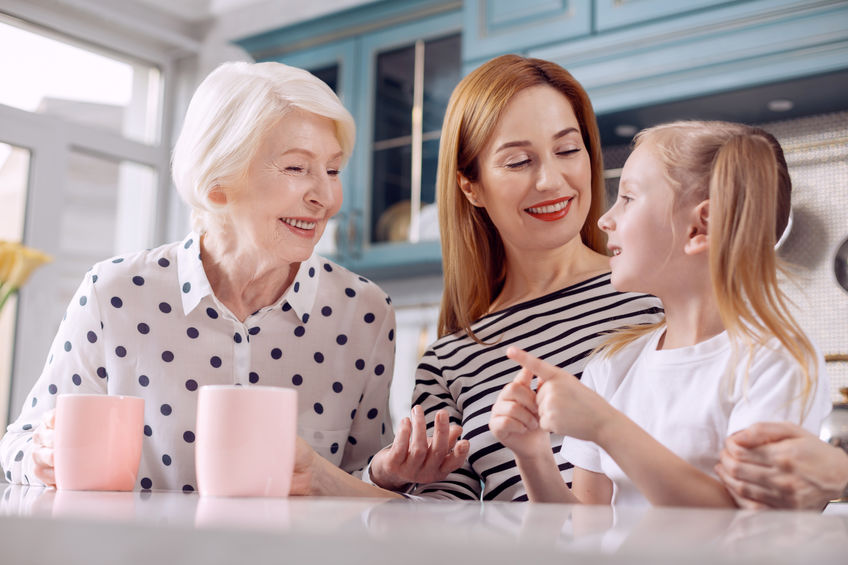
From The Outside In
Glaucoma is the term used to describe a group of diseases that affect the eye’s optic nerve. Although uncurable, medications and sometimes surgery can be used to prevent vision loss. If left unchecked, glaucoma can cause blindness in peripheral vision before moving inward. Any damage caused by the disorder is permanent.
Surely you’re not talking about me
No individual is entirely safe from glaucoma, but the disease is more prevalent in adults over age 60. African-Americans and Hispanics are more at risk than other races and may experience glaucoma earlier in life. Patients with a family history of the ailment or who have been diagnosed with diabetes should be on high alert. Previous eye injuries or nearsighted or farsighted eyes are also more likely to develop glaucoma.
Not the end
Having glaucoma doesn’t have to be a life-changer. Most patients receiving treatment manage the disease with daily eye drops and are able to maintain good sight. Even if the disorder affects vision in one or both eyes, there are several ways to cope.
Get your learning on
Take the time to understand as much as possible about the diagnosis and potential outcomes. Healthcare providers are generally happy to answer questions and address any concerns patients may have. The medical staff will also spell out visual limitations that may inhibit driving or other activities.
Help with low vision
Low vision aids exist to help patients struggling with vision loss see better. Magnifiers and large-screen devices are just a few of the tools available to help people see more clearly. Some organizations make print materials specifically for the visually impaired. Low-vision therapists can be brought in to adapt homes for individuals with limited sight.
I can hear you loud and clear
When one sense fades, others typically rise up to help maintain a good quality of life. Humans tend to rely heavily on vision, but hearing can be just as useful for learning and making decisions. Improving listening skills helps the brain’s ability to remember. Many publications now exist on audio devices that patients can listen to instead of reading the same material. Detecting environmental sounds can help complete the picture that the eye may no longer be able to fully see.
That feels nice
Similarly, the power of touch can paint mental pictures of fabrics and textures. Using feet, a cane, or a walker provides information about the environment. These tools can detect stairs and nearby objects while supporting an individual’s ability to move around without relying on vision.
Lean on me
Family members can be a great resource to lean on if available. Additionally, seek out glaucoma support groups both online and near you. These groups have people battling the same issues and may have solutions to problems faced on a daily basis.
Doctors know best
An ophthalmologist is the single best source of glaucoma care and aid. These physicians are also a fountain of knowledge about the ailment and have tips for living comfortably. Regular visits are essential for keeping the disease in check. Be sure to adhere to medication instructions and lifestyle suggestions to maximize the chances of a normal lifestyle.